In this article, we will discuss some of the most influential philosophers in history.
What Is Philosophy?
My dear friend, Wikipedia, describes philosophy as the systematized study of general and fundamental questions, such as those about existence, reason, knowledge, values, mind, and language. Such questions are often posed as problems to be studied or resolved.
Of course, only Wikipedia doesn’t get to have a say in this. Other engines (Google, and Bing) describe the subject as a particular system of philosophical thought or the study of the theoretical basis of a particular branch of knowledge or experience.
Generally, philosophers are my favorite people. And why is that? Unlike many people, they actually think. Philosophy is a way of thinking about certain subjects such as ethics, thought, existence, time, meaning, and value.
That ‘way of thinking’ involves 4 Rs: responsiveness, reflection, reason, and re-evaluation. The aim is to deepen understanding. The hope is that, with philosophy, we learn to think better and act more wisely, thereby helping to improve the quality of all our lives. Thanks to a host of philosophers, I have been introduced to many good books.
Don’t worry, I will share my library at different points in this article, so stay tuned as we discuss some of the greatest philosophers of all time.
Related: What is Citizenship Education?
6 Most Influential Philosophers In History
Get this: Millions of philosophers made contributions to history. It would be impossible to give you an exactly-accurate account of all their notable efforts. However, this list is compiled of those who had major influences during their lifetimes. Those whose names still live on, whispered from lips both old and young, mostly old.
SEE: Best Footballers in the World – 2023
John Locke
I know what some of you might think. No, this is not the one from Locke and Key (Great series by the way; should catch it if you haven’t) but from actual history.
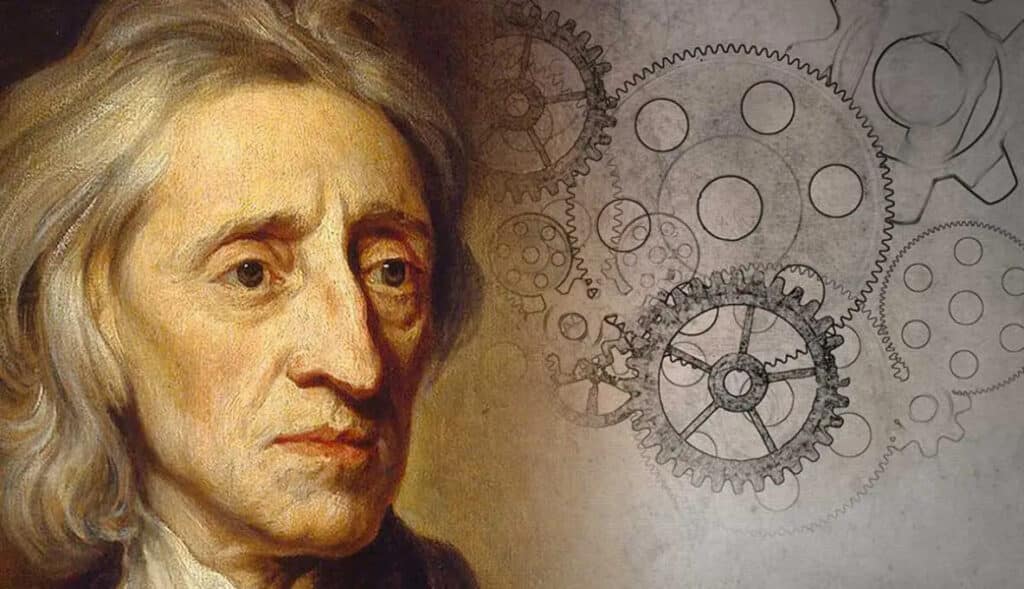
An English physicist and philosopher, John Locke was a prominent thinker during the Enlightenment period. Locke is identified as the father of liberalism. Indeed, his discourses on identity, the self, and the impact of sensory experience are essential revelations to many Enlightenment thinkers and, consequently, to real revolutionaries.
His philosophy has figured prominently in the formulation of the Declaration of Independence that initiated America’s war for independence from the British. He wrote these books: Two Treatises of Government, An Essay Concerning Human Understanding, and Some Thoughts Concerning Education.
John Locke’s biggest ideas include establishing the method of introspection, focusing on one’s own emotions and behaviors in search of a better understanding of the self.
Related: 5 Interesting Facts About Africa
Niccolo Machiavelli
When Wednesday Addams from the hit Netflix series, Wednesday, cited one of her favorite authors to be Macchiavelli, I couldn’t help but agree with her.
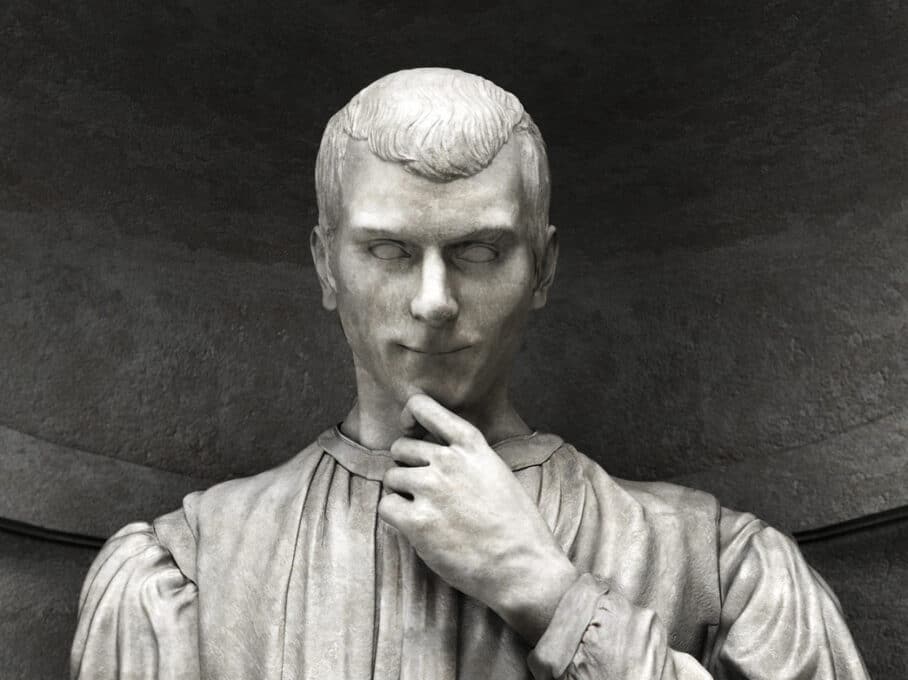
Niccolo di Bernardo de Machiavelli (I get this rush every time I say it) is among the most influential and widely debated of history’s thinkers. A writer, public office-holder, and philosopher of Renaissance Italy, not only did Machiavelli participate, he wrote prominently on political matters, to the extent that he is identified as the father of modern political science.
Regardless, we can’t all be fans, and there are voices that detail Macchiavelli as a proponent of deeply questionable — some will even say downright evil — values and ideas. Machiavelli used historical facts to form his beliefs. This disposition allowed him to separate politics not just from theology but from morality as well.
His most prominent works describe the parameters of effective rulership. His themes depict a thirst for power by any means necessary, as well as the ways to retain it. These include deceit, murder, and oppression. He wrote the books Discourses on Livy, The Prince, and The Art Of War (yes, you guessed it; that’s my favorite one).
Anyway, some of his fans have argued in his defense that Machiavelli himself did not live according to his principles. Nevertheless, people still use the “Machiavellian” philosophy as a template for tyranny and dictatorship, even in the present day. Niccolo Machiavelli still remains of the most influential philosophers in history. I tip my hat.
SEE: Top Ten Richest Men in Nigeria
Lao Tzu
Though one of the most influential philosophers in history, this one comes with a little controversy. To start with, there are some historians who don’t believe he was a real person. They question the proof of his existence and differ on exactly when Lao-Tzu lived and taught.
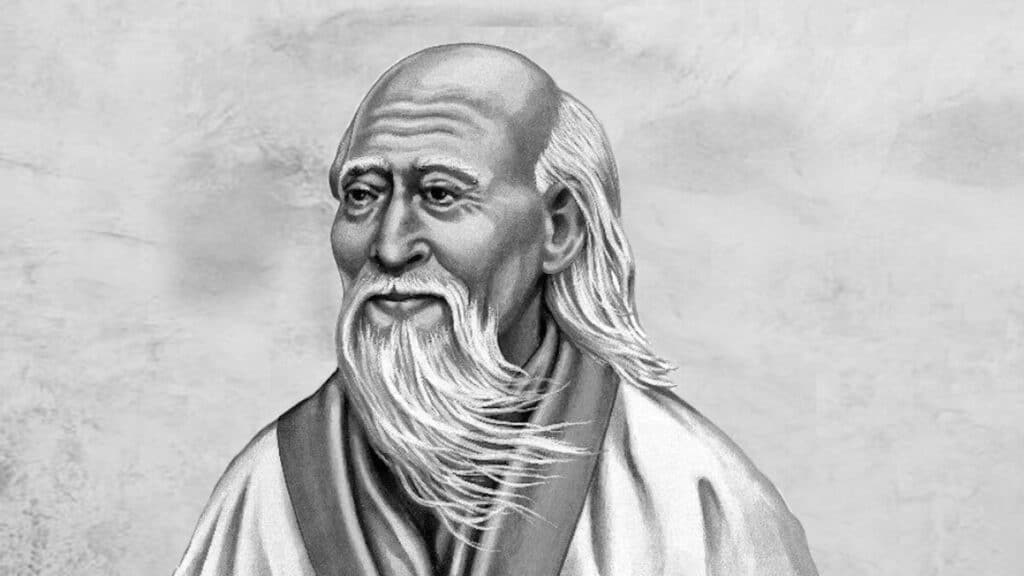
But to the Chinese, Lao Tzu is the father of Taoism who introduced the art of meditation. In fact, he is viewed as a divine figure in traditional Chinese religions. His ideas and writing form one of the major pillars of eastern thought.
Taoism is equally rooted in religion and philosophy. In traditional telling, though Lao-Tzu never opened a formal school; he worked as an archivist for the royal court of the Zhou Dynasty. This gave him access to an extensive body of writing and artifacts, which he synthesized into his own poetry and prose.
As a result of his writing, his influence spread widely during his lifetime. He wrote the book Tao Te Ching but I have never read it. Perhaps you could read it and drop a review?
Related: List of Colleges of Education in Nigeria
Socrates
Some call him the father of thought and insight. The most peculiar thing about him is that he has no works written by his hand, and all we have been able to learn about him come from his students, Plato, whom I will discuss next, and Xenophon, whom I will not.
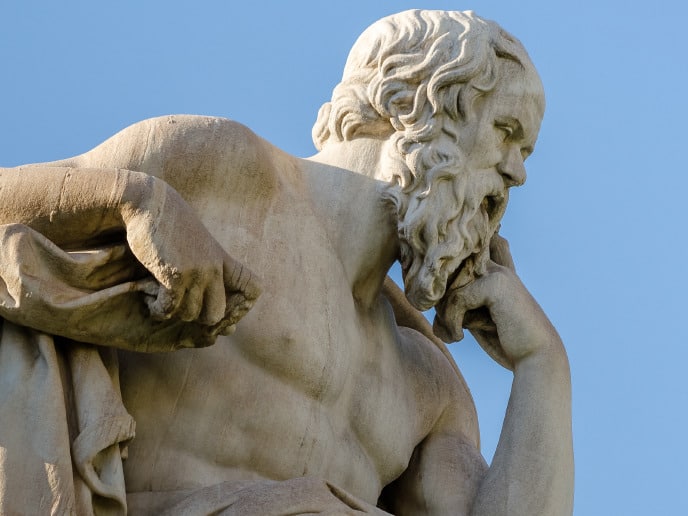
Socrates preaches the philosophy “I know that I know nothing”. It denotes an awareness of his ignorance, and in general, the limitations of human knowledge. He believed misdeeds are a consequence of ignorance. That those who engage in nonvirtuous behavior do so because they don’t know any better. The works of Socrates, represented through Plato, made notable contributions to the fields of ethics and education.
One of these contributions is the infamous Socratic Method, which involves the use of questioning and discourse to promote open dialogue on complex topics and to lead pupils to their own insights.
READ ALSO: Who is the Richest Politician in Nigeria?
Plato
As the pupil of Socrates and the mentor to Aristotle, Plato is the middle figure in the great triumvirate of Grecian thought. Grecian means Greek, ICYMI. Like Aristotle and Socrates, Plato made significant contributions to the fields of philosophy and science.
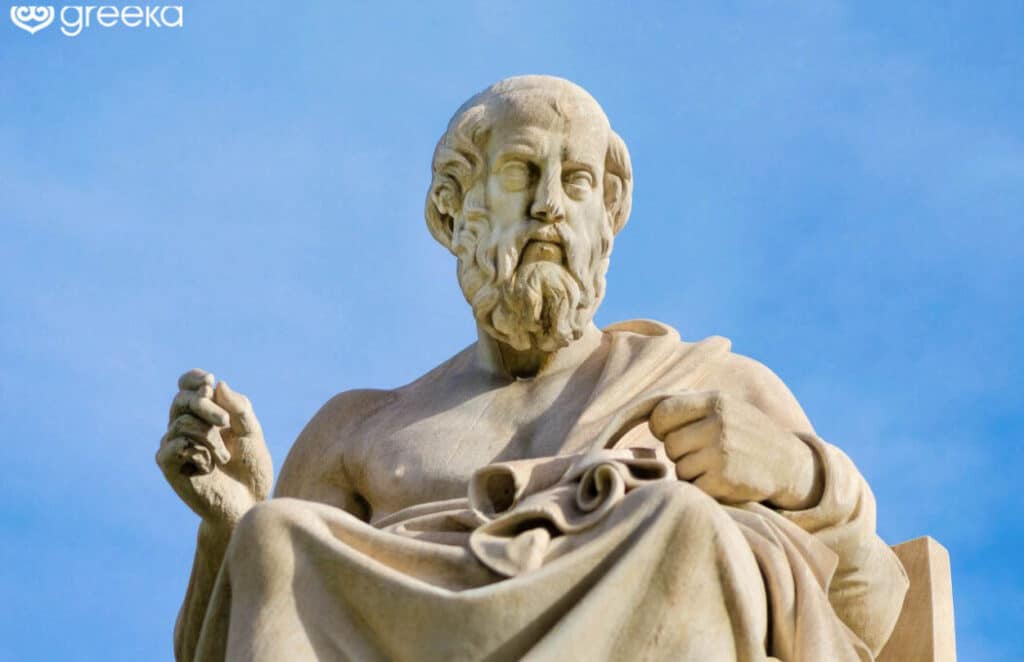
A particular British philosopher, who sadly wasn’t influential enough to make this list, sums up the enormity of Plato’s influence with a quote “the safest general characterization of the European philosophical tradition is that it consists of a series of footnotes to Plato.”
Yeah, let’s pretend we know what that means and move on.
Plato founded political philosophy. He introduced both the dialectic and dialogic forms of writing as ways to explore various areas of thought. Often, in his dialogues, he employed his mentor Socrates as the vessel for his own thoughts and ideas.
While he is not the first individual to partake in the activity of philosophy, he is perhaps the first to truly define what it means, articulate its purpose, and reveal how it can be applied with scientific rigor.
Hence, it is almost impossible to sum up the impact of Plato’s ideas on science, ethics, mathematics, or the evolution of thought itself. He wrote the books The Republic, and The Laws. Feel free to check them out.
Related: 9 Ways Reading Makes You Smarter
Aristotle
Last, but certainly not least, we come to the last member of the triumvirate. Aristotle. My favorite among all favorites.
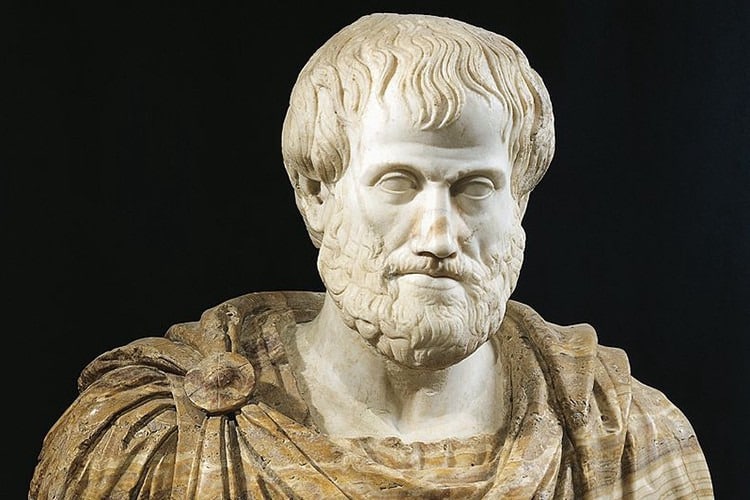
Aristotle is one of the most influential philosophers in human history. We call him the father of Western Philosophy. His writings and ideas on metaphysics, ethics, and knowledge are at the very root of human thought. Most philosophers who follow his ideas owe a direct debt to his wide-ranging influence.
Aristotle’s enormous impact is a consequence of both of the breadth of his writing and his personal reach during his lifetime. But what are the things he’s best known for?
Thanks to him, we assert the use of logic in arguments. We imbibe certain methodological templates for analytical discourse. We know that knowledge is built from the study of things that happen in the world. That it is universal.
Aristotle also introduced the concept of metaphysics. Some of his books are The Metaphysics, Nicomachean Ethics, and Poetics.
Related: Top 20 Countries To Go For Vacations Around the World
A Word From Battabox On Philosophers
So great they were. So notable that my toes curl with envy. Now you have learned about some of the most influential philosophers in history so you better not fail me the next time you’re asked about it.
As Plato said, “The learning and knowledge that we have, is, at the most, but little compared with that of which we are ignorant.”
If you have any questions, let us know below.
